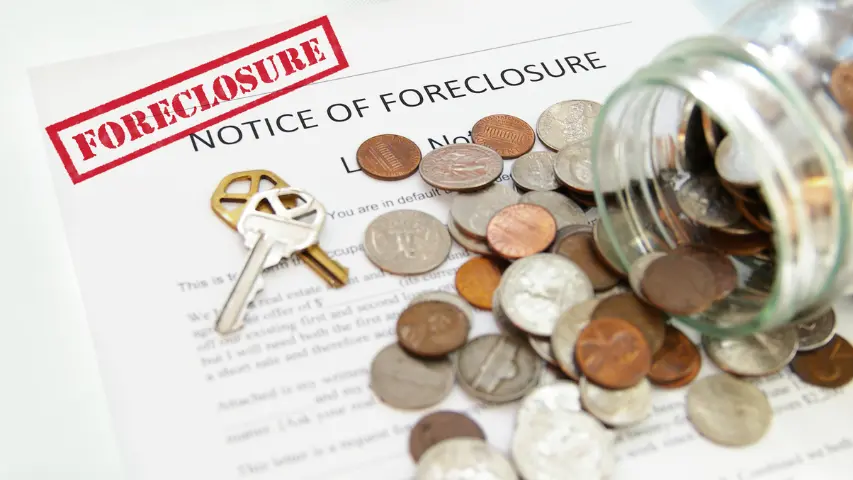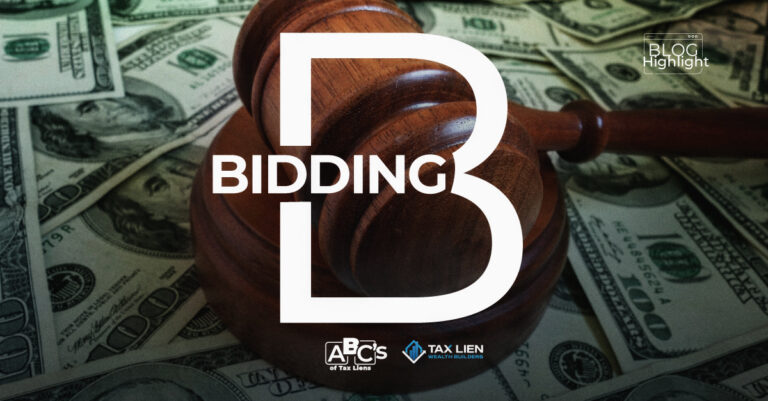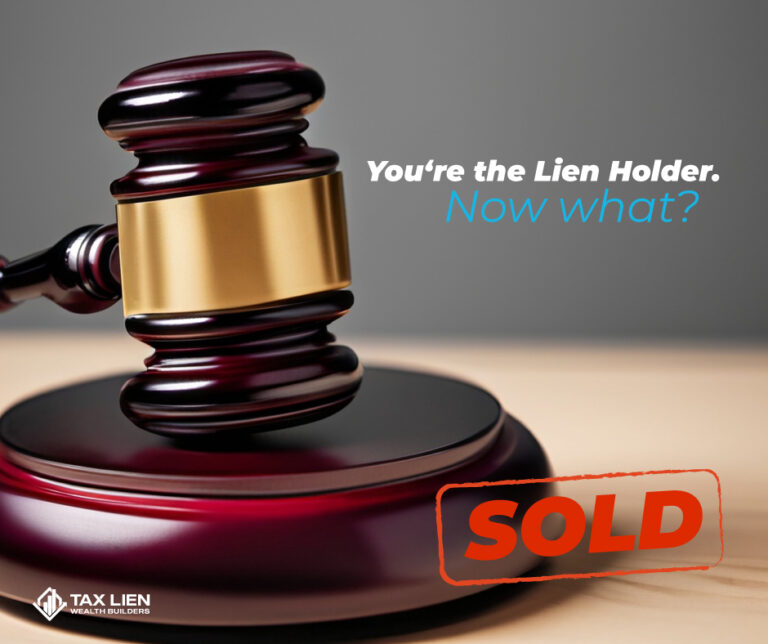Judicial Tax Lien Foreclosures
Many of the topics related to tax lien certificates are covered in the real estate education courses that prospective realtors have to complete and be evaluated on before getting their professional licenses. Investing in tax liens is only possible because of statutes, rules, and legal processes enabled by revenue collection agencies at the county level. When an owner of a property fails to pay their property taxes, the county can place a tax lien on the delinquent property. The property owner then has a specified amount of time to bring their account current and redeem the tax lien. If they don’t, the tax lienholder can foreclose on the property.
Since most people are not familiar with investing in tax liens, this guide will explain the process and some important things to keep in mind if you’re thinking about it. County governments place tax liens on properties when owners fail to pay their property taxes. The government then sells these tax liens to investors at auction. The investor pays the amount of the outstanding taxes plus interest and fees. The interest rate is set by the government, but it is usually around 1% per month.
If the property owner doesn’t redeem the tax lien within the specified time period, usually around one year, the tax lienholder can foreclose on the property. When an investor forecloses on a property, they become the owner of the property. The previous owner is then responsible for any mortgage or other liens on the property, as well as any back taxes that are owed.
Investing in tax liens can be a great way to make money, but there are a few things you should keep in mind before you get started. First, do your research and make sure you understand the process. Second, remember that there is a risk involved, and you could lose money if the property owner doesn’t redeem the tax lien or if the property is worth less than you paid for it. Finally, make sure you have the time and resources to manage your investment, as it can be time-consuming.
Judicial Foreclosures
A tax lien foreclosure is a process by which the government seizes a property because the owner has failed to pay their taxes. This can be a lengthy and expensive process, but it can be worth it for investors who are interested in purchasing the property.
There are two main types of tax lien foreclosures: judicial and non-judicial. Judicial foreclosure requires that the process is completed through the court system. If no litigation issues arise, investors should expect to pay between $2,500 and $3,500 in attorney fees. Suppose the homeowner decides to deploy a foreclosure defense strategy. In that case, investors should expect to pay between $5,000 and $10,000 in attorney fees. If you’re still interested in the property after a successful tax lien foreclosure, you’ll have to purchase it at a Tax Deed Sale.
Non-judicial foreclosure is a faster and cheaper process because it does not involve the court system. However, this type of foreclosure is only available in certain states. If you’re interested in pursuing a non-judicial foreclosure, you should speak with an experienced tax attorney to see if it’s an option in your state.
Investors should be aware that tax lien foreclosures can be a lengthy and expensive process. However, if you’re interested in purchasing the property, it can be worth the investment.







